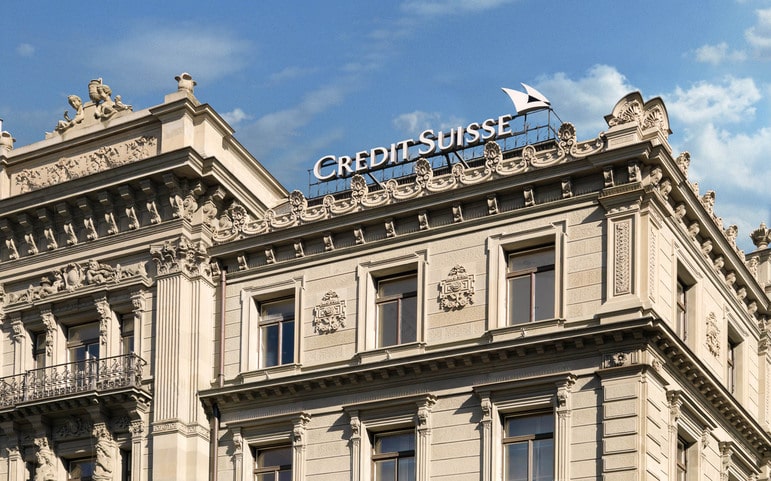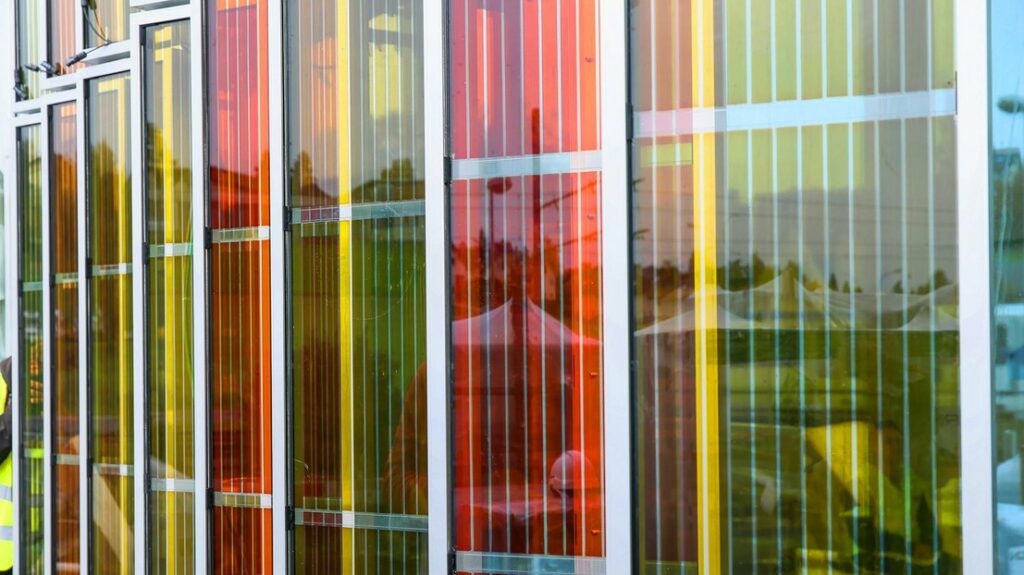Fri, Nov 11th 2022
Swiss scientists announce an exciting invention, what Credit Suisse will do next, and more in our roundup of news from November 8 – 11.

President Cassis shakes hands with Ukrainian President Zelensky in October. Switzerland’s continued support of Ukraine signals a step away from neutrality, according to Russian officials (Photo: Ignazio Cassis’ Twitter account).
The definition of Swiss neutrality may be put to a vote
The conservative Swiss People’s Party has begun collecting signatures for a voter referendum to redefine the country’s neutrality in the Swiss constitution. Under the “neutrality initiative,” Switzerland would not be allowed to join any military or defense alliance, including taking any “non-military coercive measures” such as sanctions against warring nations. The proposal comes as a direct response to Switzerland’s move to follow the EU in sanctioning Russia – a move that left-wing politicians say is not strong enough, but that right-wing politicians say has compromised Switzerland’s neutrality. The Swiss People’s Party has 18 months to collect a minimum of 100,000 citizen signatures before it is put to a nationwide vote. Read more.

The Zürich-based bank has endured months of bad headlines and rumors.
Credit Suisse to close 14 banks in Switzerland
Credit Suisse will close 14 of its 109 Swiss branches in the coming weeks. After months of speculation as to how the beleaguered Credit Suisse would dig itself out of debt, the bank announced a rigorous restructuring plan at the end of October which includes layoffs, closures and cost reduction measures. Credit Suisse officials say the bank closures reflect “the changing habits of our clients, who are increasingly using our mobile and internet services.” The bank did not announce which branches would close, but it did say that the closures will be distributed “in all regions of Switzerland.” Moreover, employees affected will be able to find “new opportunities within Credit Suisse.” The restructuring plan aims to reduce costs by 15 percent, or about CHF 2.5 billion ($2.52 billion) by 2025. Read more.

The power-generating windows can be manufactured in a variety of colors at a low cost (Credit: EPFL).
Swiss scientists invent transparent, solar-power generating windows
Swiss scientists announced this week in the scientific journal Nature that their invention of transparent, solar electricity-generating windows is a success. Also known as Grätzel cells, these dye-sensitized solar cells (DSCs) use photosensitized dye attached to a semiconductor to convert light flowing through windows into energy which powers homes and offices. Previous iterations of DSCs relied on direct sunlight, but scientists from the École Polytechnique Fédérale de Lausanne (EPFL) say the latest iteration absorbs light across the entire visible spectrum. The scientists have successfully implemented the low-cost DSCs into windows at the SwissTech Convention Center at the EPFL campus. Read more.
Why Swiss employees are feeling the pinch of inflation
Swiss employees will experience the biggest loss in real wages this year since 1942 as the country tries to avoid a wage-price spiral, according to a recent UBS survey of nearly 300 Swiss companies. Employers awarded workers a 1.1 percent raise, on average, in 2022. Taking skyrocketing inflation into account, this translates into a salary loss of 1.8 percent. Employers say they expect to increase salaries by 2.2 percent in 2023 – which will translate into a narrow salary increase of 0.1 percent. The “restraint” will likely quell inflation, according to UBS’s chief economist Daniel Kalt. “Wage increases of just over 2 percent, well below the current inflation level, are unlikely to put employees in a festive mood,” he added. Read more.
This article may be freely shared and re-printed, provided that it prominently links back to the original article.
